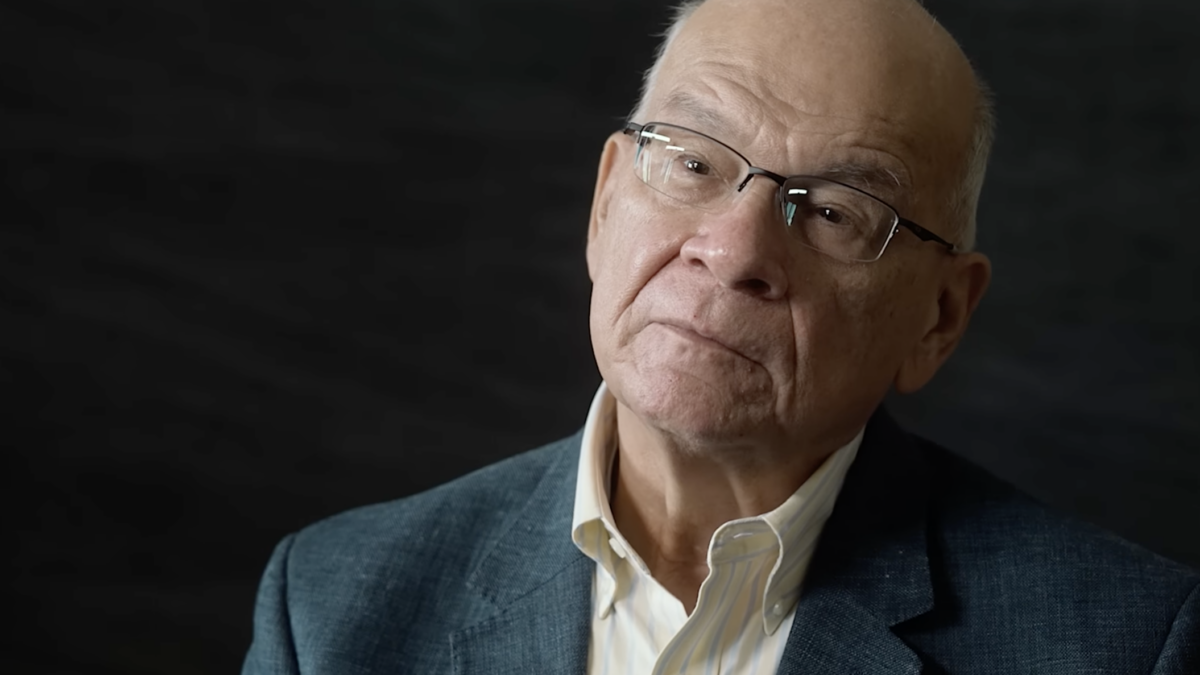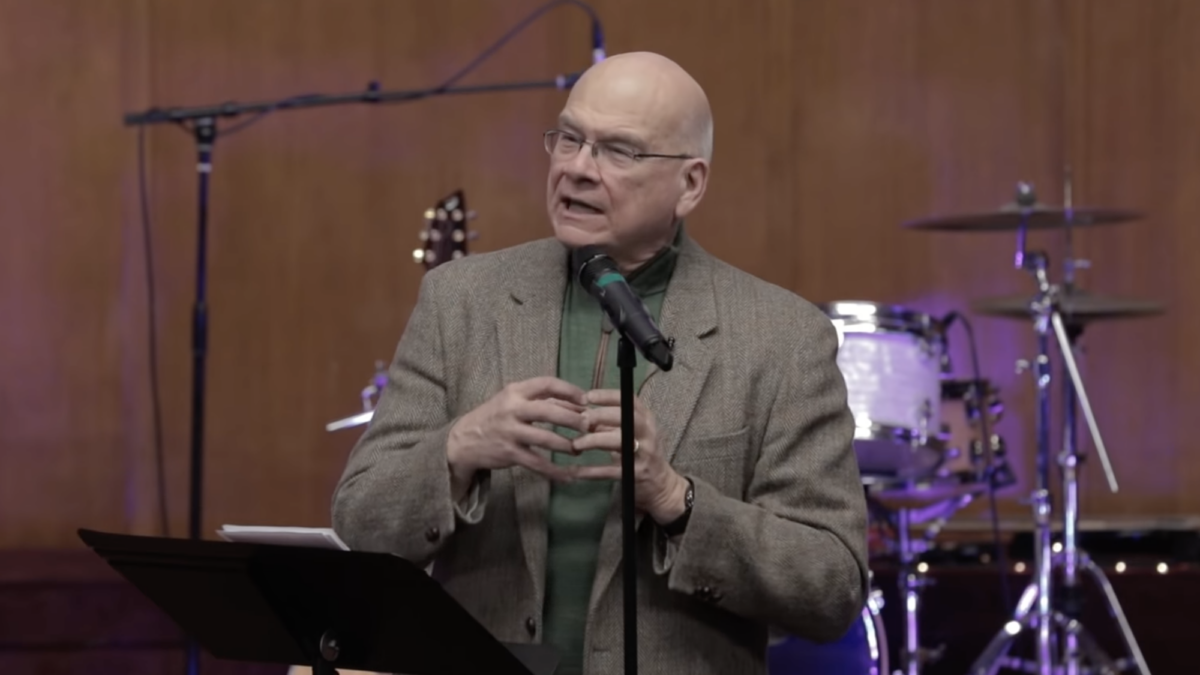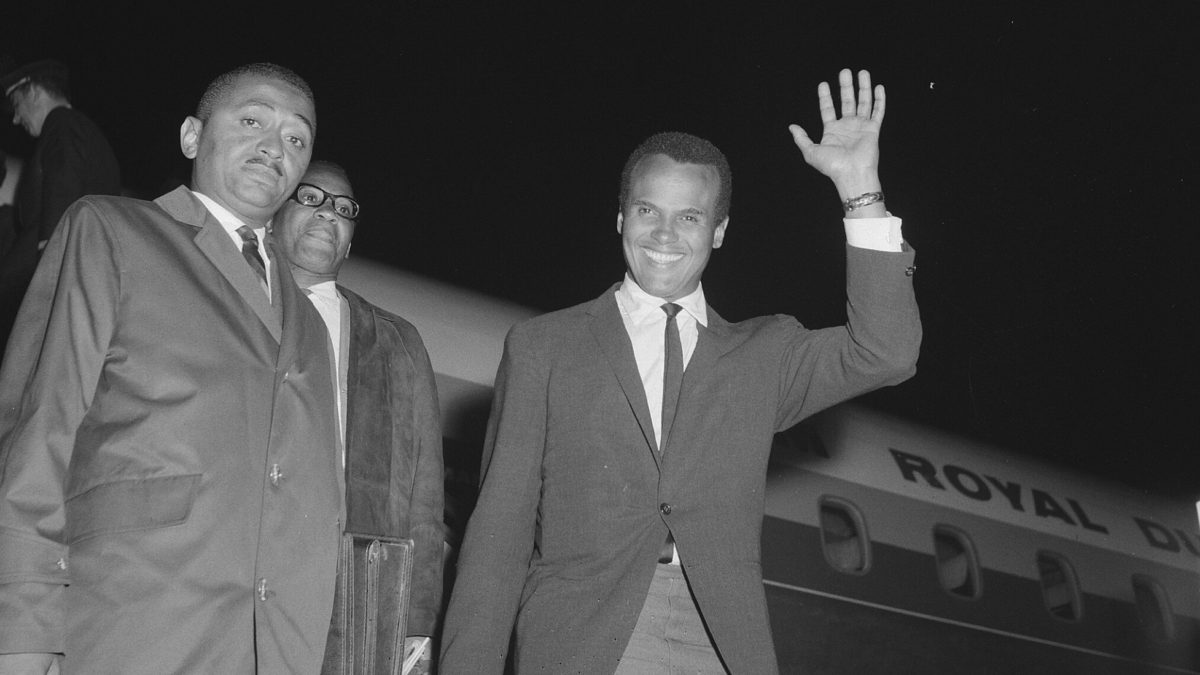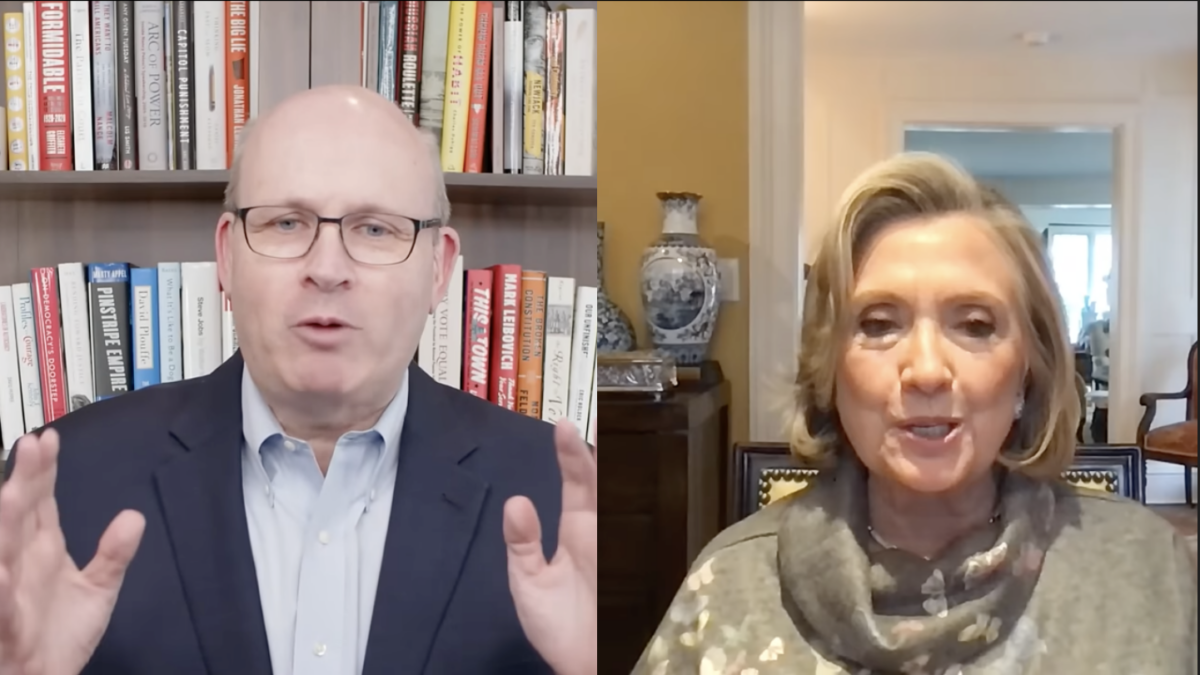Whenever a giant of the faith passes into glory, there are two equal and opposite temptations: to deny his strengths, or deny his weaknesses. The passing of Tim Keller is no exception. In life, perhaps no single little “o” orthodox Protestant Christian figure inspired more vigorous reactions from defenders and detractors. In the wake of his death, warm eulogies have proliferated around social media, while even people who had strong critiques of his methodology have added their respectful appreciation for the man who defined a generation of evangelism and church-planting.
Still, there will be those who, quietly or openly, declare in sweeping tones that there’s nothing good in Keller’s legacy. Some are leftists who resent the fact that he never made a radical departure from sexual orthodoxy, or that he wasn’t vocal enough in campaigning against church abuse. Others have harshly criticized his so-called “third-way” approach to politics and evangelism from the right.
In his last years, he drew particularly intense criticism for various much-discussed “Twitter moments,” where he would double down on a tweet or thread in response to conservative backlash. Most notably, he argued that disagreements on abortion policy, among other “debatable political differences,” shouldn’t create “disunity” among Christians. He then linked a New York Times article briefly outlining his philosophy of how Christians should transcend the two-party system.
Of course, Christians needn’t insist that they are bound to a two-party system in order to take issue with Keller’s proposal that abortion policy is “debatable” among mature Christian believers. On this and many other points of missiology, theology, and cultural analysis, many conservative Christians understandably parted ways with Keller.
Despite this, it would be foolish to deny the combinatorial explosion of gospel influence that traces directly to Keller’s ministry. It’s impossible to number the souls who would never have so much as heard Christ preached were it not for his drive to reach them. And more, it’s impossible to number the souls reached through the ministry of the countless other churches he planted and younger leaders he mentored. Many are alive in Christ today who have good reason to thank God for Tim Keller.
I’ve now lost count of the eulogies I’ve seen which describe certain books and sermons of his as nothing less than life-changing. Naturally, someone could point out that this doesn’t make the sermons or books good in themselves. But in Keller’s case, much of it was in fact good, substantive, and full of the gospel.
Like C. S. Lewis, whom Keller claimed as an influence while modestly refusing to put himself on a comparable pedestal (though some fans might try), he was also blessed with the gift of friendship. Much more than a celebrity pastor, he was a down-to-earth man who frequently went out of his way to engage with people who had no platform, paying genuine attention to their needs and questions. Even while undergoing treatments for pancreatic cancer, he continued to give generously of time and energy he didn’t have. We can only aspire to this sort of generosity in our everyday, cancer-free lives.
These things must be kept in view when offering criticism of Keller, legitimate as that criticism might be. Conservative Christians more sensitive to particular conservative Christian concerns with Keller’s legacy should remember that for a vast number of people, Tim Keller is simply the first pastor who preached the gospel to them in a way they could understand. They have a right to make their own critiques, but they have no right to dictate precisely how everyone touched by his influence should think or feel in the wake of his passing.
I think of people like one good friend of mine, an indigenous missionary who grew up as an “untouchable” in India, who messaged me to say Keller’s sermons raised his low self-esteem, helping him to see himself as a sinner who was nevertheless beloved in God’s eyes. Today, he tries to pass on the same gospel truth in his own ministry. What is there to say to a testimony like that? Nothing but “Thank God.”
With all of this, there still remains the equal and opposite error of insisting that no substantive criticism of any kind should be allowed to stand now that Keller has passed — and really, to hear some people’s rhetoric, should never have been allowed to stand. This ignores the fact that there were always those who framed their “critiques from the right” in forthright, yet reasonable ways. Among Keller’s most gracious conservative critics was James Wood, who said he owed his young ministry to Keller’s influence but had “evolved” to think Keller was misreading our current cultural moment. To use a framework proposed by Aaron Renn, Keller’s winsome evangelistic approach may have been effective in “neutral world,” but it was no longer effective in a “negative world.”
My own read of Keller was slightly different, though there was much to like in Wood’s analysis. For one thing, I was less sure that Keller’s methodology really was the best approach even for “neutral world.” Some people are won by winsome persuasion, but others are won by bold confrontation. And indeed, some who are initially persuaded by a gentler, “seeker-sensitive” approach may later look back and wish they had been given more hard pills to swallow sooner.
I also didn’t sense that Keller was confused or misunderstanding the moment. Rather, I sensed that he had his own set of priorities in meeting it, which sometimes simply were at odds with conservative Christian priorities. This included his clearly stated desire to depart as sharply as possible from the religious right, whom he consistently framed as foolish, fear-mongering bigots who sowed the wind and reaped a whirlwind. Although he admitted many of their predictions had come true, he seemed to regard this almost as a kind of self-fulfilling prophecy. To be sure, one could find instances of callous rhetoric around the AIDS epidemic, something Keller would have felt keenly as someone who watched a brother succumb to the illness (though he was careful never to leverage this for point-scoring in his work). Still, his analysis remains disputable, to say the least.
More generally, Keller was insistent on purging all traces of “fundamentalist” influence from the church, which he saw as a stumbling block for the unchurched, urban demographics he most wanted to reach. From this impulse came initiatives like Biologos with Francis Collins, established with the stated goal of proving Christians didn’t need to be “anti-science.” This misguided venture, which proved hostile to theories of intelligent design in creation, is an unfortunate example of how Keller’s particular blind spots left him vulnerable to the influence of a bad actor like Collins.
The “anti-science” theme recurred in one of his last articles — part of a series on the future of American evangelicalism — where he proposed that sensible moderate Christians needed to come together in the middle and reject the toxic fringes. Unfortunately, his assessment of what constituted the “fundamentalist fringe” on the right was less than cohesive, insightful, or relevant, dating itself with frequent references to Donald Trump.
He also judged that the right was insufficiently concerned about social justice. Although it would be inaccurate to frame him as a champion of third-wave critical theory, he accepted enough of the second-wave progressive framework to take certain leftist narratives about race and power imbalances for granted. This inevitably created more blind spots and misplaced priorities in his sociocultural analysis, leading many conservatives to look elsewhere for more useful guidance. And the sad irony is that for all Keller aimed at fundamentalists and their influence, it is fundamentalists who have historically been on the front lines of caring for the poor and evangelizing nations.
All of this should be fair game for honest, measured assessment as people survey Keller’s legacy. To insist otherwise is to place him on an unhealthy pedestal. He was at times a flawed and misguided thinker, no different from numerous other zealous, prolific men whose memories we still honor in the church.
Yet, to remember him solely as a flawed thinker is to trivialize the sum total of a man who loved his family and friends faithfully, who never brought the shame of scandal to the bride of Christ, and who in his final days modeled how every Christian should face death — calmly, courageously, with eyes fixed firmly on the joy set before him.
Benedict XVI’s last words, reportedly, were “Jesus, I love you.” Tim Keller, in his final hours of home hospice care, said “I can’t wait to see Jesus.” May we all be so eager and ready to meet our maker, when our time comes.









